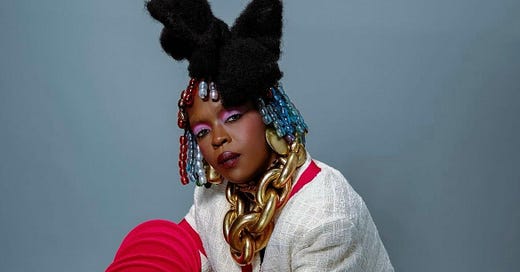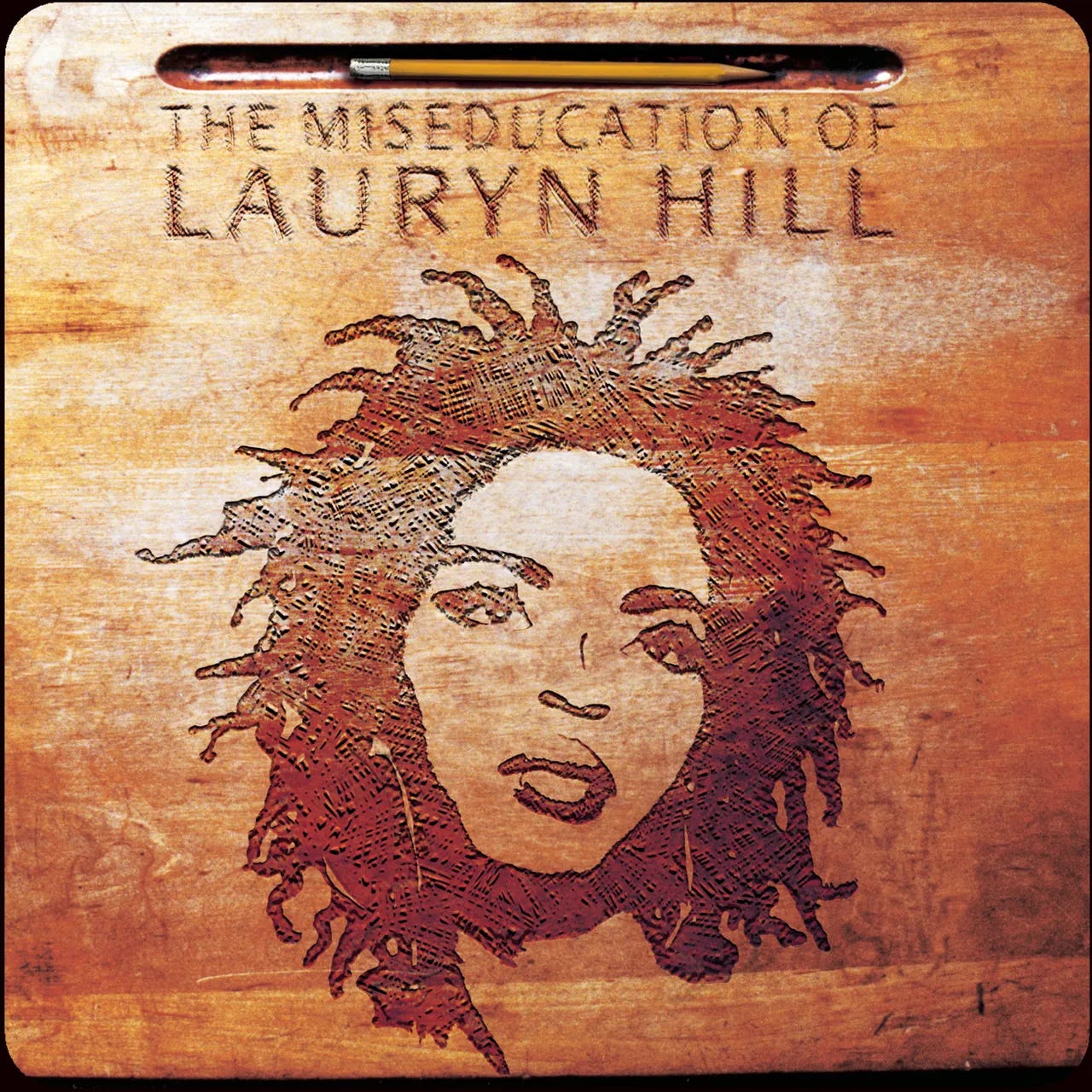Do Our Favorite Creators Owe Us Anything?
Fans: Make me feel something! Also fans: Wait, not like that...
Last month my sister and I went to see Lauryn Hill on the 25th-anniversary tour of her Grammy-winning, era-defining album, The Miseducation of Lauryn Hill. I was a freshman in high school when that record dropped, and even with my limited life experience, immediately felt its massive influence.


To date, the album has sold over 20 million copies worldwide, making it one of the best-selling albums of all time. It’s the best-selling album by a female rapper, the best-selling neo-soul album of all time, and has been largely credited with introducing mainstream America to hip-hop and R&B as a musical art form.
Like its global sales and acclaim, its value in my personal life has only increased over time. Its tracks are embedded in my coming-of-age memories.
The album my sister and I drove to school every day listening to during the last year we’d ever live together under the same roof.
Now the joy of my world is in Zion (Zion…Zion…)
The album I blasted in my ears to get me through the last few brutal miles of the New York Marathon.
That thing, that thing, that thiiii-iiii-iiiing
The album I leaned on to help lift the unbearable weight of a love lost, a love that once held me as we swayed and sang along to those very songs.
See I know what we've got to do
You let go, and I'll let go too
The relationship between the artist and the adoring fan can be a complicated one. Both parties need each other in this life. Both parties grow and evolve. Along the way, the artist’s work tends to find a permanent home in the fan’s lived experiences, but it was created in a place and time that doesn’t last forever.
Nostalgia is a hell of a drug. Maybe that explains why many of the fans who saw shows on this anniversary tour are not okay.
Yes, Ms. Hill was (ugh) fashionably late, which rightfully irked concertgoers.
However, some fans seemed to be even more outraged by Hill’s choice to reimagine and reinvent the album’s iconic tracks during the live show. At the NJ show I attended, fans angrily walked out after the first few songs. Online, fans from various cities have been disparaging the performances and cautioning others against buying tickets to remaining shows.
Of course, Lauryn Hill is not the only artist who has offended folks by having the audacity to do what she wants to with her own work and time.
Bob Dylan has seemingly always been under fire for avoiding his biggest hits and switching up his songs.
Remember when fashion critics low-key lost it on Tom Ford for his Spring 2012 collection? Essentially, his crime was presenting a take on luxury that wasn’t the take they expected him to take.
And we all remember The Smashing Pumpkins’ run of shows back in 2008 that left critics annihilating the band in reviews and fans demanding Billy Corgan refund their money for not playing their favorite songs.
So, back to my original question. Once an artist releases work and we connect with it, are they forever in our debt?
When they let us down, are we upset with them? Or, are we upset with the reality that people change, nothing lasts forever, and we can’t go back?
Hill was 22 when The Miseducation of Lauryn Hill catapulted her onto the world’s stage. She’s now a 48-year-old mother of 6 and a grandmother, to boot.
(Imagine your grandmother being a baddie of that caliber.)
After all this time and life lived, do we really expect her to deliver to us the same version of herself she was more than two decades earlier?
My one-line show review is: I loved it, I was mesmerized by her performance, and I even shed a tear.
Knowing I can listen to the recorded version of the album anytime, it felt surreal to hear those songs live in an arrangement I’ll probably never hear again.
That alone is a gift.
Was the show a note-for-note performance of the album I fell in love with 25 years ago? No, it wasn’t the same. But, how could it be?
The world is not the same.
She’s not the same.
I’m not the same.
Change, it comes eventually.









